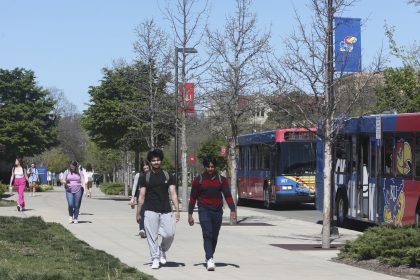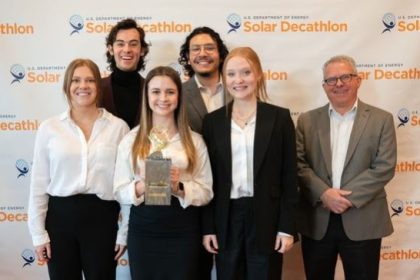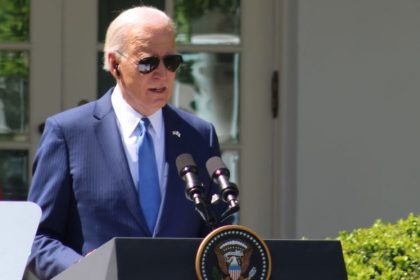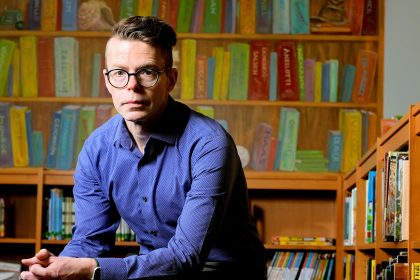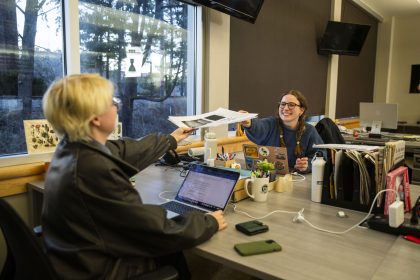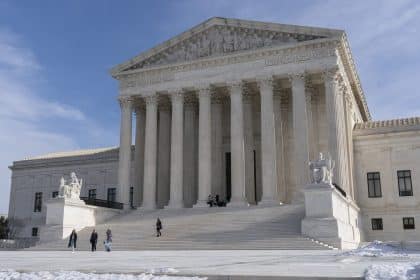Meeting the Needs of Disabled Students During COVID-19 and Beyond
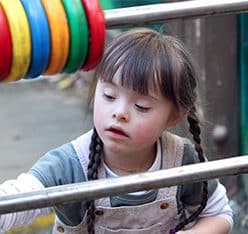
This week, the Hunt Institute, a non-profit that brings together people and resources to inform elected officials and policymakers about key issues in education, hosted a webinar discussing how students with disabilities could be better served during and after the COVID-19 pandemic. The discussion was moderated by Jackie Mader, the multimedia editor of The Hechinger Report.
Panelists were asked to discuss how students with disabilities can be given access to quality education during the pandemic and how various stakeholders such as lawmakers, researchers, philanthropists, school leaders and educators could help innovate education.
Dr. Gisele Shorter, program officer for the Education Raikes Foundation, began by stating, “My life’s work is rooted in a deep belief that a just society starts with an equitable education.
“At the Raikes Foundation, we’re looking at the environment to make sure we are meeting the needs of everyone, including diverse learners.”
Shorter continued, explaining why she believes the needs of students with disabilities are not being adequately met during the pandemic.
“The biggest educational harm [today] is falling on those who have already overcome numerous barriers to engage and be successful. Or those that were on the tipping point.
“Those who went to school [before the pandemic] and those current structures and current ways of operating didn’t really work for them to begin with,” Shorter explained.
“So the supremacy of relationships and the [infrastructure] systems where we need to reliably see and understand and deploy resources to those that need them the most is what I would say are what all education stakeholders should focus on.”
Echoing Shorter, Eddie Fergus, an associate professor at Temple University, expressed his concerns about how current school policies across the country are causing what he calls “gaps” in the education system that students with disabilities often find themselves in.
“There are [policy] gaps between what we envision something to be, like appropriate school climate, and what we’re doing.
“The concern is who is most vulnerable when you have these gaps in systems.”
Fergus explained policy gaps have existed “for many decades” but have never been properly addressed.
“Having a disability in and of itself is not a problem,” Fergus emphasized, “it’s how we respond to and provide support on a consistent basis that leads to these sets of issues.
“So to Gisele’s point, which I love, if we’re attending to the system piece of it and really relegating the attention to that, then we have the potential to keep it moving.”
“But we also have to own up to the body of mindsets and beliefs that give permission for some of those gaps to persist,” warned Fergus. “And those mindsets and beliefs we have to wrestle through.”
Sarah Sandelius, founder of The Ability Challenge, encouraged education stakeholders to talk about how students can return to the classroom in a safe manner while also keeping in mind what school instruction will look like upon returning.
“The instruction piece [of returning] seems to be totally missing from the conversation… That was something that I wish I was hearing more about.
“’What does ‘hybrid’ look like from the perspective of a kid sitting across the classroom and sitting at home and how are they both learning at the same time?’ This is critical for students with disabilities who need that specialized instruction in order to have access to the curriculums.”
When asked about how educational systems in place today act as a barrier to innovation for students and teachers, Sandelius said she believed that, “Our teacher preparation programs have not caught up to the fact that we have more students learning in inclusive settings.”
Sandelius explained, “Over 80% of teachers don’t feel ready to meet the needs of their students with disabilities. That is a shocking number.”
In addition to the lack of teacher preparation, Sandelius pointed out that teachers are often “so overwhelmed” with paperwork related to their curriculums, “none of it [the paperwork] is translating into services for kids in classrooms.”
“That is a huge barrier because we need to rethink how we’re spending time so we can spend our time on the things that translate into more specialized instruction, better specialized instruction, more services, better services, etcetera,” Sandelius commented.
Echoing the sentiment of Shorter and Fergus, Sandelius reiterated that systems of racism and ableism have hindered progress for innovation and could continue to hinder progress.
“If we don’t work with our teachers to understand the lens with which they are coming to the work and how that impacts the ways in which they do things, such as how they manage a classroom, or how they provide supports to kids, we’re never going to get rid of those practices,” Sandelius warned.
As a possible solution to how equitable environments can be built for students with disabilities, Shorter shared the BELE Framework, the latest resource and guide from the Raikes Foundation, that helps educational stakeholders transform student experiences and learning outcomes during the COVID-19 pandemic.
According to Shorter, school districts and leaders can use the BELE Framework effectively if they adopt the 5 pillars proposed in the guide.
Shorter also explained that the BELE pillars focus on transformations that advocate for schools to take responsibility for their students’ daily learning habits, especially for student populations of color.
Such transformations included in the framework include a newfound commitment to centering equity and justice in schools’ mission statements and in daily teachings on the history and harms of racism and structural inequities in society.
The BELE Framework also acts as a resource to help reimagine educational spaces during and after the COVID-19 pandemic.
In this regard, the Raikes Foundation proposes that school districts should involve students, teachers, families and local communities in the co-design of school spaces.
Co-designing instructional and physical spaces on school grounds will, as Shorter explained, empower students and keep them engaged in their learning environments.
“Creating robust learning environments that foster student leadership and agency, incentivize intellectual curiosity and meaning-making, while centering student identity and collective wellbeing requires an intentional shift in our planning, approach and implementation,” states the Framework.
“There is no quick-fix to transforming a 300 year-old design – dismantling and engaging in collaborative redesign will be required.”


















